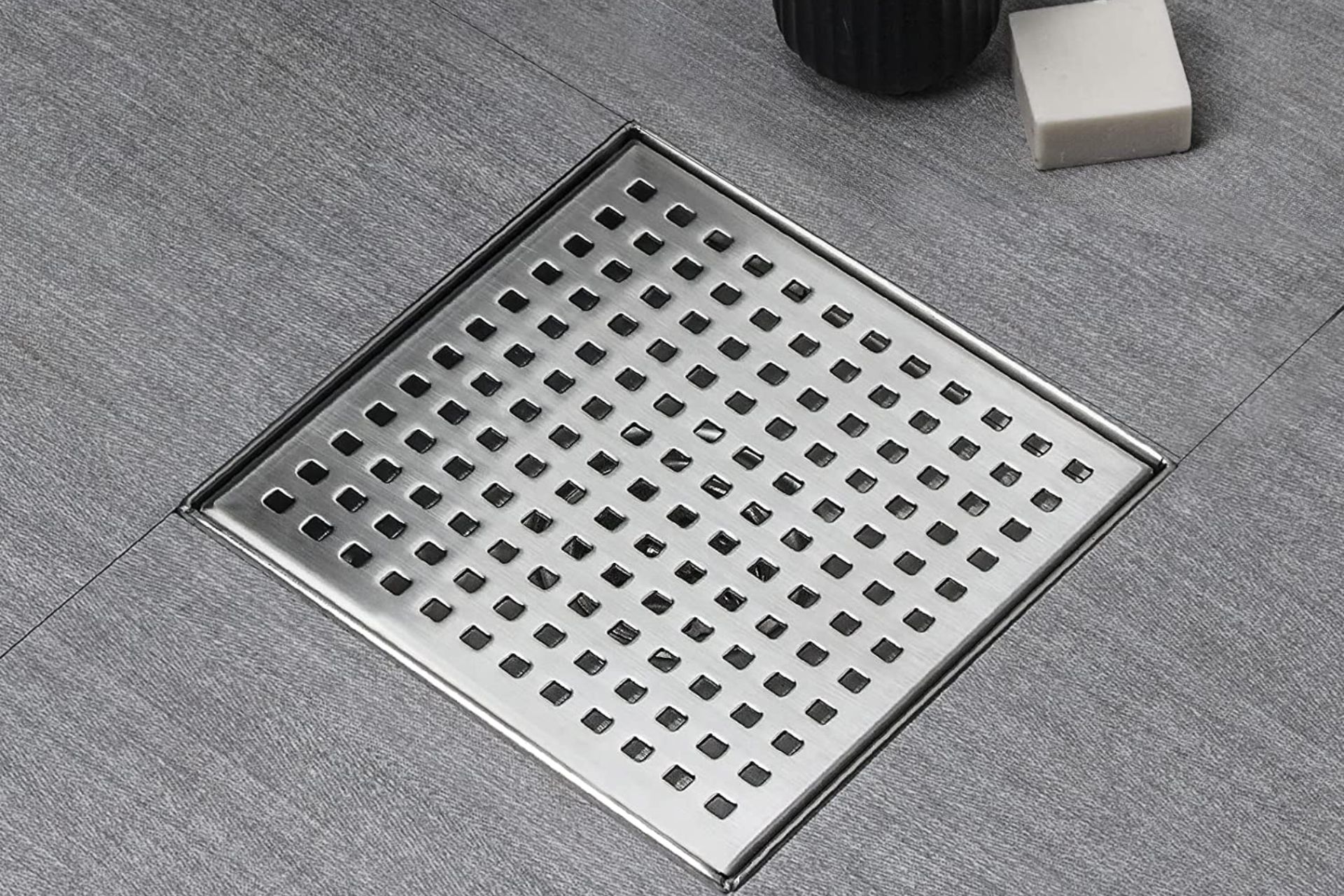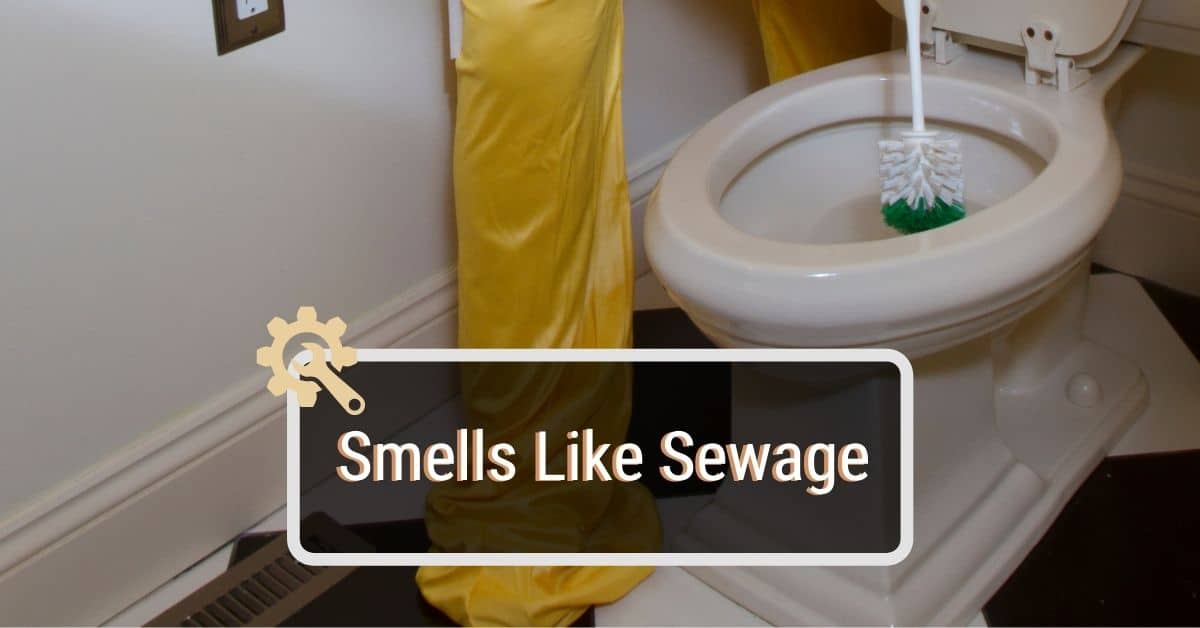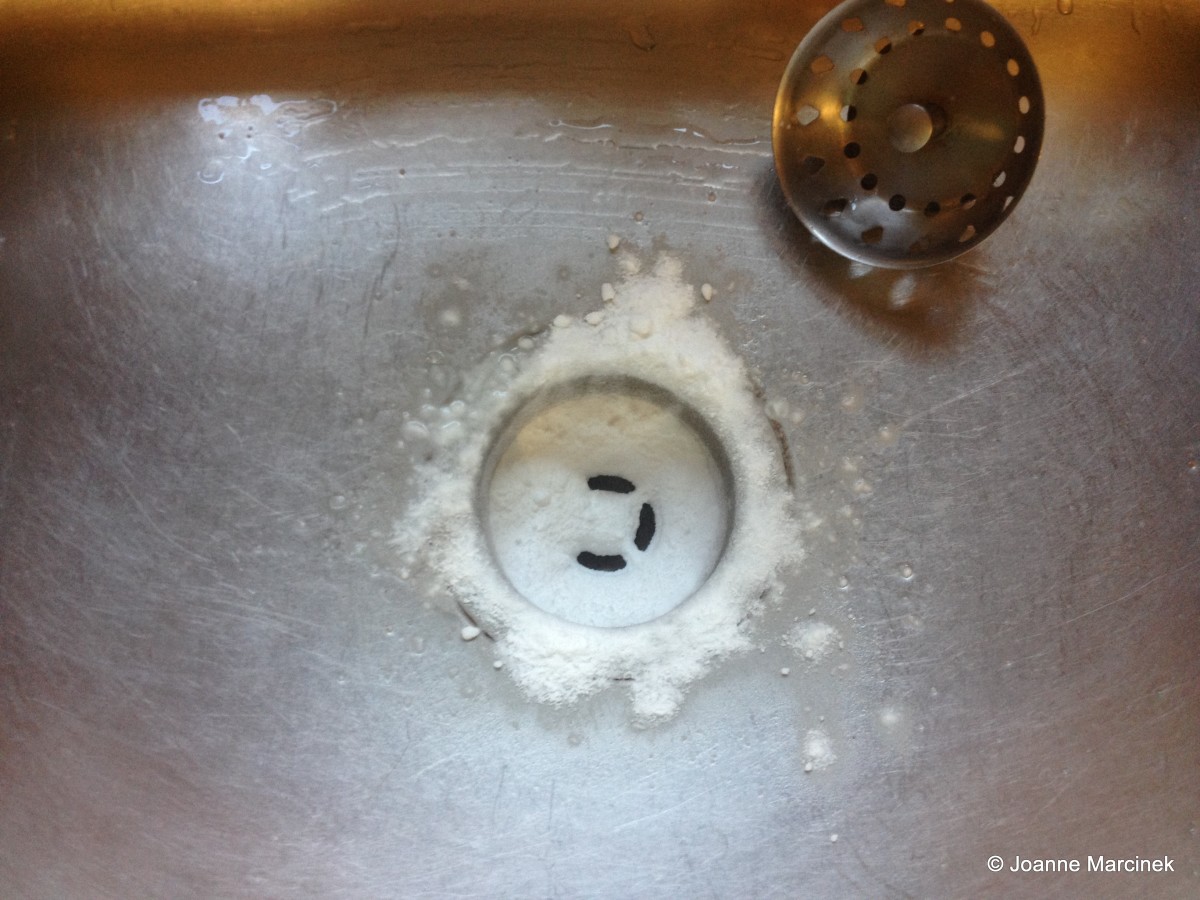Identifying the Source of the Odor

That rotten egg smell emanating from your bathroom shower drain is a common problem, and pinpointing its source is the first step to solving it. The culprit behind this unpleasant odor is often a combination of factors, including sewer gas, bacterial growth, and trapped hair and debris.
Visual Inspection of the Drain
A thorough visual inspection of your shower drain can provide valuable clues about the source of the odor. Here’s how to conduct a careful examination:
- Remove the Drain Cover: Carefully remove the drain cover, taking note of any signs of corrosion or damage.
- Inspect the Drain Pipe: Shine a flashlight down the drain pipe and look for any visible blockages, such as hair, soap scum, or other debris.
- Check for Leaks: Look for signs of water leaks around the drain pipe or the surrounding area. This could indicate a cracked or damaged pipe.
The Role of the Drain Trap
The drain trap is a crucial component of your plumbing system that prevents sewer gas from entering your bathroom. This U-shaped pipe, located beneath the drain, is designed to hold a small amount of water, acting as a barrier to prevent the passage of gases.
A clogged or dry drain trap can allow sewer gas to escape into your bathroom, leading to the rotten egg smell.
Troubleshooting and Solutions: Bathroom Shower Drain Smells Like Rotten Eggs

Once you’ve identified the source of the rotten egg smell in your shower drain, it’s time to tackle the problem. There are several methods you can use to remove clogs, eliminate bacteria, and get rid of the odor.
Removing Clogs and Debris
The first step is to remove any visible clogs or debris from the drain. This can often be done with a simple tool like a plunger or a drain snake.
- Plunger: A plunger is a simple and effective tool for removing clogs from drains. Make sure to use a plunger designed for shower drains, as it has a smaller cup. Create a seal around the drain opening, and then plunge up and down vigorously for several minutes. This will create pressure that can dislodge the clog.
- Drain Snake: A drain snake is a flexible cable with a hook or a spiral on the end. Insert the snake into the drain and twist it to break up the clog. Be careful not to push the clog further down the drain.
- Chemical Drain Cleaner: Chemical drain cleaners can be effective for removing stubborn clogs, but they can also damage your pipes if used improperly. Follow the manufacturer’s instructions carefully, and wear protective gloves and eye protection when using these products.
Cleaning and Disinfecting the Drain
After removing any clogs, it’s important to clean and disinfect the drain to eliminate bacteria and prevent the odor from returning.
- Baking Soda and Vinegar: This natural solution is effective for cleaning and deodorizing drains. Pour 1 cup of baking soda down the drain, followed by 1 cup of white vinegar. Let the mixture sit for 30 minutes, then flush with hot water.
- Commercial Drain Cleaners: There are many commercial drain cleaners available that can help remove bacteria and eliminate odors. Follow the manufacturer’s instructions carefully.
- Bleach: Bleach can also be used to disinfect the drain. Pour 1 cup of bleach down the drain and let it sit for 30 minutes, then flush with hot water.
Comparison of Drain Cleaning Methods
| Method | Effectiveness | Safety | Cost |
|---|---|---|---|
| Plunger | Effective for simple clogs | Safe | Low |
| Drain Snake | Effective for stubborn clogs | Moderate | Moderate |
| Chemical Drain Cleaner | Very effective | Low | Moderate |
| Baking Soda and Vinegar | Effective for cleaning and deodorizing | Safe | Low |
| Commercial Drain Cleaners | Effective for cleaning and deodorizing | Moderate | Moderate |
| Bleach | Effective for disinfecting | Low | Low |
Preventing Future Odors

Bathroom shower drain smells like rotten eggs – Once you’ve addressed the source of the rotten egg smell in your shower drain, it’s crucial to implement preventative measures to keep the odor from returning. Maintaining a clean and odor-free drain involves regular cleaning, proper disposal of hair and debris, and avoiding the overuse of harsh chemicals.
Regular Cleaning, Bathroom shower drain smells like rotten eggs
Regular cleaning is essential to prevent the buildup of hair, soap scum, and other debris that can create an environment for bacteria to thrive. The following steps can help maintain a clean and odor-free shower drain:
- Weekly Cleaning: Use a drain cleaner specifically designed for shower drains to remove hair, soap scum, and other debris. Follow the instructions on the product label.
- Monthly Cleaning: Pour a cup of baking soda down the drain, followed by a cup of white vinegar. Let the mixture sit for 30 minutes, then flush with hot water. This method helps to break down grease and grime.
- Deep Cleaning: Once a year, remove the drain cover and manually remove any hair or debris that has accumulated. Use a small brush or a wire hanger to remove stubborn buildup.
Proper Disposal of Hair and Debris
Hair and other debris can easily clog shower drains, creating an environment for bacteria to grow. It’s important to dispose of hair and debris properly to prevent clogs and odors.
- Hair Catcher: Install a hair catcher in your shower drain to trap hair before it reaches the drainpipe. Empty the hair catcher regularly to prevent buildup.
- Proper Disposal: Do not flush hair, tissues, or other debris down the drain. Dispose of these items in a trash can.
Avoiding Harsh Chemicals
While harsh chemicals can effectively clean drains, they can also damage drainpipes and contribute to odor problems. Using natural cleaning methods whenever possible is recommended.
- Natural Cleaners: Baking soda, white vinegar, and lemon juice are effective natural cleaning agents that can be used to clean shower drains without harsh chemicals.
- Commercial Drain Cleaners: If you must use a commercial drain cleaner, choose one that is specifically designed for shower drains and follow the instructions carefully. Avoid using drain cleaners too frequently, as they can damage drainpipes.
Ventilation
Proper ventilation is crucial to prevent moisture buildup and odor in the bathroom. Moisture can create an environment for bacteria to thrive, leading to unpleasant odors.
- Vent Fan: Install a vent fan in your bathroom to remove moisture and odors. Ensure the fan is properly sized for your bathroom and that it vents to the outside. Run the fan for at least 15 minutes after showering.
- Window: Open a window after showering to allow fresh air to circulate and remove moisture. This is especially important if you don’t have a vent fan.
Ugh, my bathroom shower drain smells like a dumpster fire. It’s totally gross! I’m thinking of getting some cute bathroom window curtains for inside the shower to make the whole thing look less, well, like a disaster zone. But first, I gotta figure out how to get rid of that rotten egg stench.
Maybe a drain cleaner will do the trick.
Ugh, my bathroom shower drain smells like a dumpster fire. It’s totally gross, but at least I don’t have mold growing on my ceiling like some people. If you’re dealing with that, check out this article on the best way to kill mold on bathroom ceiling.
I’m pretty sure a moldy ceiling would be way worse than a stinky drain, so I’m just gonna keep pouring baking soda down my drain and hope for the best.